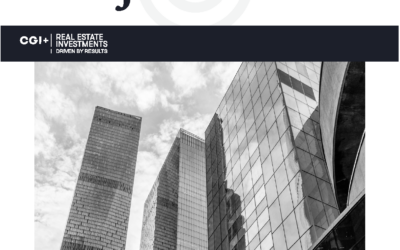 As businesses adjust to the complications presented by the COVID-19 pandemic, landlords and tenants must now take even greater care when entering into leases. The bottom line? Both tenants and landlords will need to be more discriminatory in who they choose to work with. Tenants may need greater flexibility, and landlords may need to look deeper at who they lease to- to see if they could financially survive during this or any other health crisis.
As businesses adjust to the complications presented by the COVID-19 pandemic, landlords and tenants must now take even greater care when entering into leases. The bottom line? Both tenants and landlords will need to be more discriminatory in who they choose to work with. Tenants may need greater flexibility, and landlords may need to look deeper at who they lease to- to see if they could financially survive during this or any other health crisis.
There are several ways to make sure this is feasible for both parties.
● Operational Excellence: Going forward, landlords will need to deliver, and tenants will require, operational excellence in buildings.
● HVAC Specifications: Certain facilities in the past, such as data centers and agricultural spaces, traditionally require particular and special building infrastructure. Now, every business will be concerned with how well a building’s heating, ventilation and air conditioning (HVAC) system can ventilate air.
● Lease Term: Flexibility in leases is more important than ever for tenants. Amid the pandemic, tenants and landlords have had to conduct ad hoc negotiations concerning lease terms and deferment of rent payments.
● Force Majeure: Following the COVID-19 viral outbreak and the scrutiny of force majeure provisions by landlords and tenants alike, landlords will likely continue to insist that payment of rent is never excused due to force majeure, and tenants will likely seek rent relief for certain force majeure events, such as pandemic-related causes.
Tenants will need to be confident that landlords and property managers are willing to work with them on key issues during a health crisis, including rent relief or deferment, and are very experienced with and capable of adapting their buildings and operations in the event of future crises.
Landlords, on the other hand, need to screen carefully and consider the types of tenants that will be best for them.

